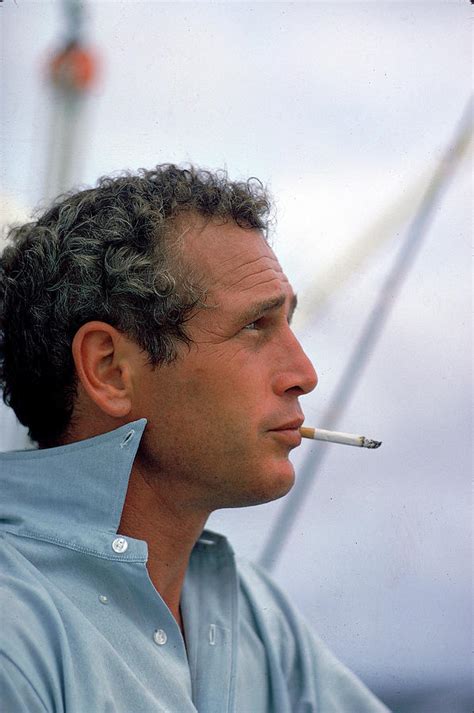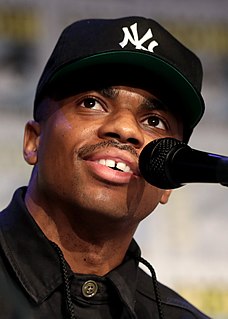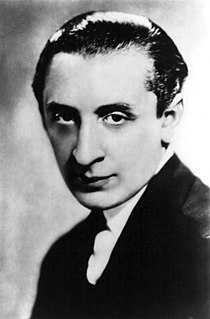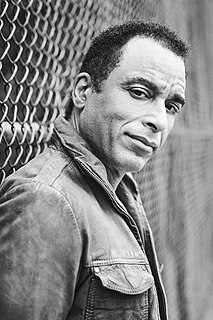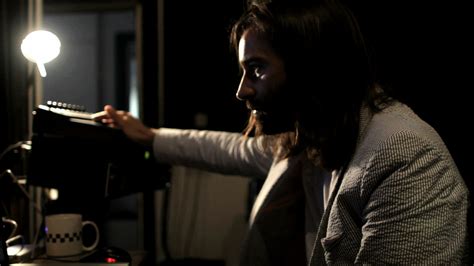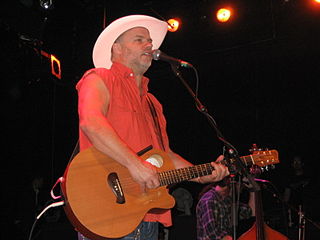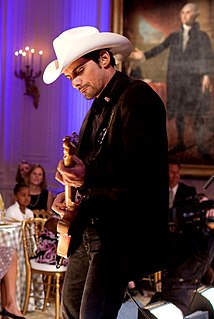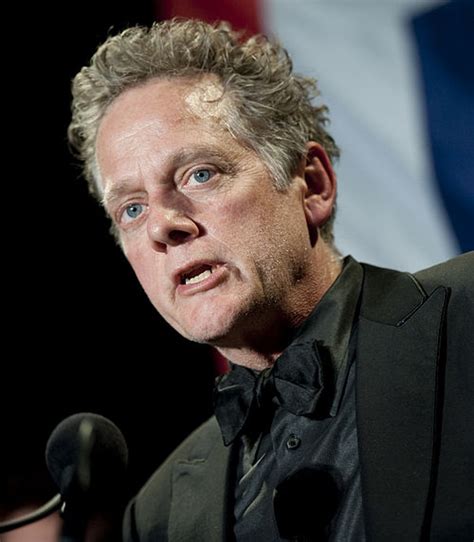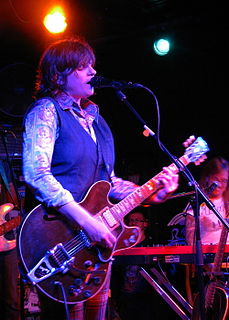A Quote by Bryce Dessner
Being a classical musician, you can go to school for it; you can go get a degree. Even as a composer, there is a certain career path you can follow, but becoming a rock musician is a much more elusive career. How do you learn that or do that?
Related Quotes
I don't really have a career as a jazz musician. I don't really have a career as a classical musician. I don't really have a career as a college professor, and yet I did all those things and I did them well. I put out some records in the 1980's and 1990's that changed the way some trumpet players played.
School doesn't teach you much. School teaches you how to follow directions, that's what school is for. And in life, not necessarily following directions helps you get certain places - because you go to the right school you can learn the right things, and you go to the wrong school you can learn the wrong things, so it just all depends. But school doesn't really teach you how to interact with people properly, you learn that outside of school.
I don't view myself as a musician anymore - I view myself as a human being that functions as a musician when I'm functioning as a musician, but that's not 24 hours a day. That's really opened me up to even more perspectives because now I look at music, not from the standpoint of being a musician, but from the standpoint of being a human being.
The music that I play is much more accepted in America. Do you know what I mean? Americans recognize and not necessarily country music. I go to a lot of places in Canada and they go "I don't like country music" and they think I'm a country musician. When I am a country musician but not a country musician like they think of.
When you get in the middle of a career and you're successful, people come and offer you things. My biggest fear was that if you try to do something else and you're trying to build your music career, and then you say, "I'm going to go do a movie," and you're terrible, you can really hurt your music career because as a musician, the goal is to be cool. You're playing the guitar and you're in front of all these people and your vibe is to be as cool as you can possibly be.
Even though, theoretically, being a composer and being a songwriter are the same thing, in my brain, they are completely different. When I am in my composing mode, I go into my studio and turn that part of my brain on like a faucet. And when I finish, I turn it off. But with songwriting, that process is much more elusive.

